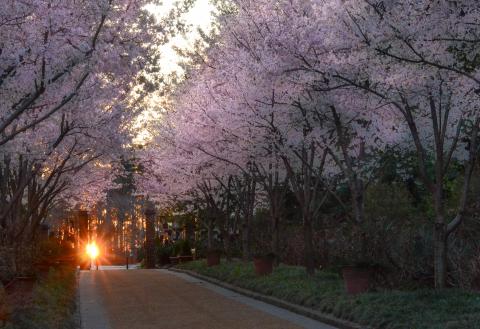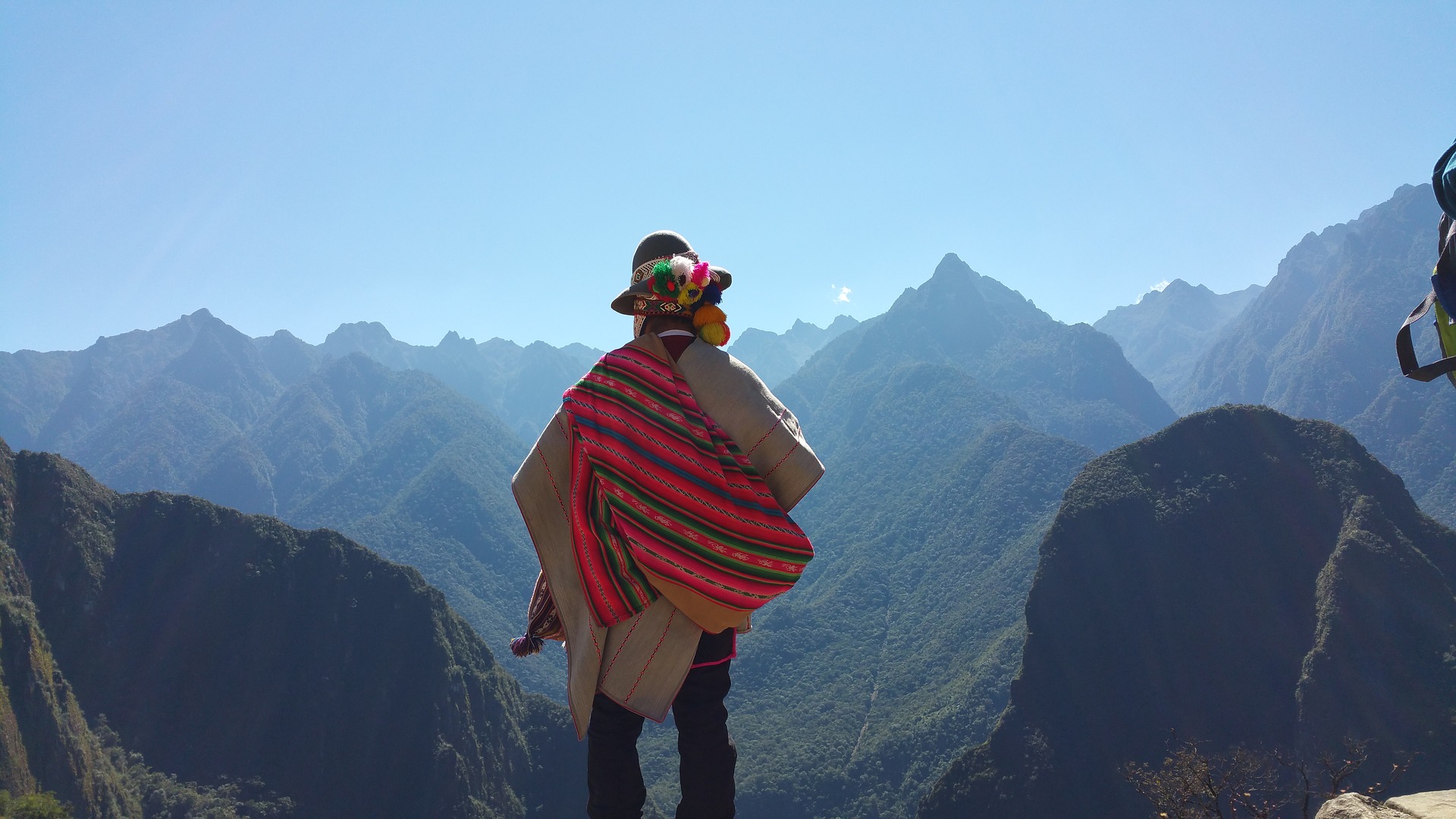
“So they said to him, “‘How were your eyes opened?’”
- John 9:10
The readings this week play on the themes of light and darkness, blindness and sight. In the second reading from St. Paul to the Ephesians, we are told to expose the hidden, “fruitless works of darkness” and instead “live as children of light.” In the gospel, Jesus heals a blind man, and in giving the man the gift of sight, also reveals himself as the Son of God, giving him the gift of faith as well.
As Christians, we are called not to move through this world blind to the injustice and suffering around us, but rather to see and address it courageously, bearing Christ’s light to the world.
For many Christians in the global North, the ecological crisis can seem far away, hidden from our sight. The harmful impacts of our everyday choices on the earth and on vulnerable people can sometimes remain unknown to us. But God calls us to pay attention, to open ourselves to see and, as Pope Francis says, to “hear the cry of the earth and the cry of the poor.”
The damage done by extractive industries is one example of harm to the earth that can fall out of sight. Extractive industries take raw materials from the earth, often mining and drilling into the land for precious resources. Much of this extraction is now done in the global South by companies from the global North, and much of it is done unsustainably, creating waste and destroying land that is home to vulnerable communities who struggle to assert their rights to the land they have lived on for generations. The amount of waste, pollution and environmental degradation created by extractive industries is enormous. For example, the production of just one gold ring generates about twenty tons of toxic mining waste.
Maryknoll Sister Mary Ann Smith writes about witnessing the impact of such devastation due to mining while on mission: “My first assignment as a Maryknoll sister was to the province of Luzon, Philippines where mining companies were tearing apart mountains and forests for gold, copper, and timber. Over a period of more than 15 years, I saw beautiful forested mountainsides, home to local indigenous people, literally blown up to build silt ponds from copper mines that polluted the clear spring waters upon which people depended for drinking, cooking and washing themselves and their clothes.”
In offering us the gift of sight, of awareness of the realities around us, we are also offered the gift of faith – the gift of Jesus himself. Walking with us, Jesus invites us to change our behavior, to not just speak faith by our words but live it through our actions as well. Pope Francis reminds us that in taking up this call, we are given strength for the journey ahead: “May our struggles and our concern for this planet never take away the joy of our hope. God, who calls us to generous commitment and to give him our all, offers us the light and strength needed to continue on our way.”
Questions for Reflection
When have your eyes been opened to injustice?
How can you help open the eyes of others around you?
Pray
God of all,
you made the earth and saw that it was good,
but like robbers we have stripped it of its treasure.
Open our eyes, Lord.
Now the earth cries out
and your people hunger and thirst.
Open our eyes, Lord.
Open our eyes to see the pain of your creation
and move us with compassion for your world.
Open our eyes, Lord.
Lead us to act as neighbors,
who do not pass by on the other side.
Open our eyes, Lord.
So that together we may care for all that you have made and with all creation sing your praise.
Open our eyes, Lord.
- Catherine Gorman
Catholic Agency for Overseas Development
(CAFOD)
Fast
Think about ways you can opt for buying gently used items, such as clothing, kitchenware, appliances, etc., rather than buying them new. This will save energy and waste from production
Act
Join the Stop the Money Pipeline Campaign and urge banks, investment firms, and insurance companies to stop investing in the fossil fuel industry: https://www.stopthemoneypipeline.com/
Maryknoll Missioner Experience
“One rainy Saturday morning high in the mountains of northern Peru, a group of men and women crowded into the tiny chapel for a meeting. A mining company wanted to open a huge copper mine uphill – and upstream – from the farms where they grew fruit trees and coffee beans.
Outside, the rain poured off the tin roofs of the wooden houses dripped from the umbrella-like leaves of papaya trees and ran down the muddy street where a donkey dozed. Compared to Lima, Peru’s sprawling capital, or most other major cities in the hemisphere, this was a very poor village. But the people who lived there saw it differently.
‘The mining company says that it will help us out of poverty,’ one man said. ‘But we don’t consider ourselves poor. We have our homes. We have our fields, where we grow crops to feed our families. We have a coffee cooperative that is doing well. We would like to have better health care and education for our children, and we would like to have safe drinking water. But we are not poor.’”
- Barbara Fraser
Returned Maryknoll Lay Missioner
Fourth Sunday of Lent: Top image of sunset in the public domain and available at http://bit.ly/treesunsetpurple. Image of Andean man in the mountains available in the public domain at http://bit.ly/pacoperu.
